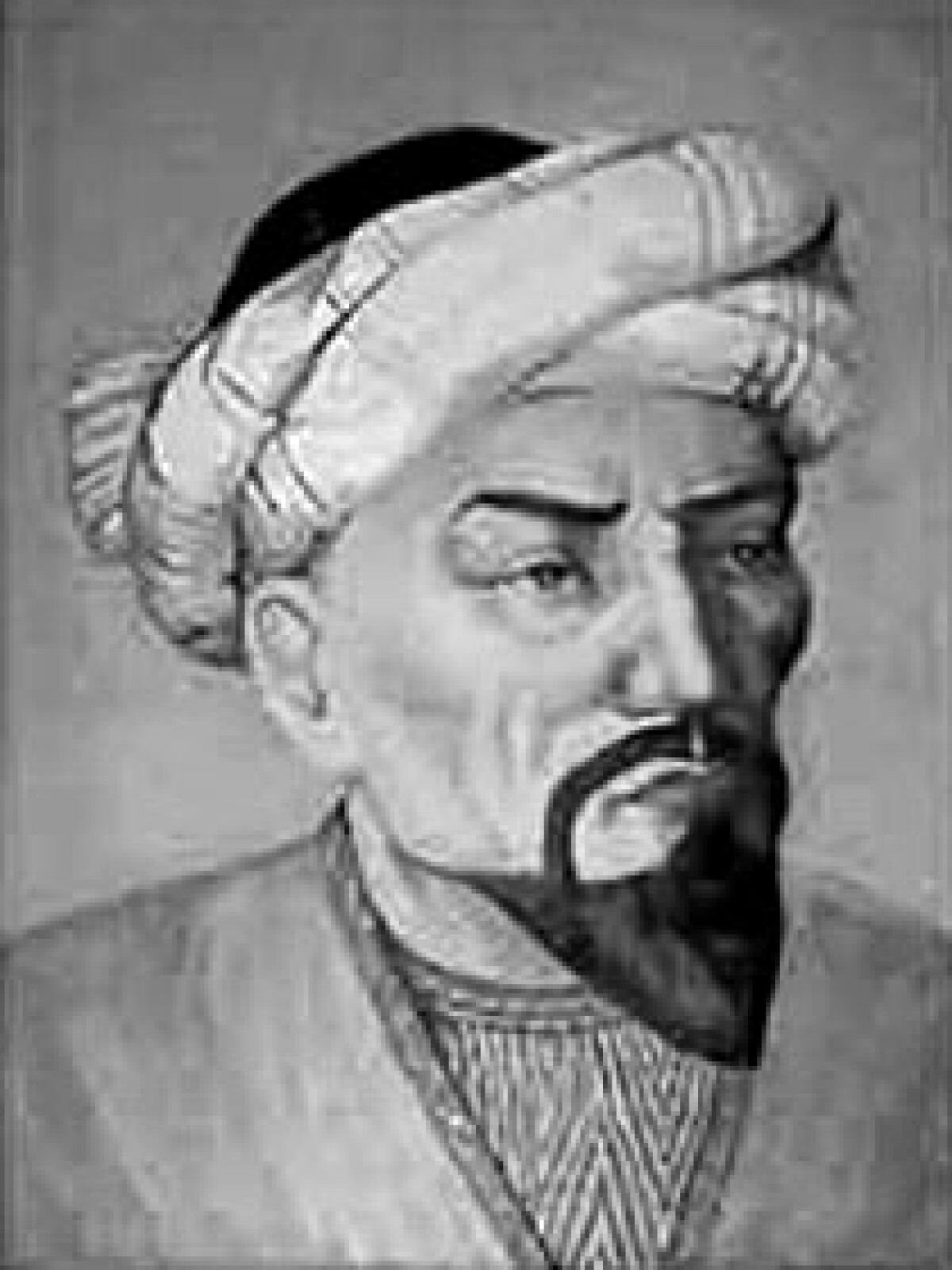Khoja Akhmet Yassawi
Khoja Akhmet Yassawi (1093-1166) was a Turkic Sufi leader and poet who lived in what is now modern day Kazakhstan. Yasavi is currently the earliest known Turkic poet who composed poetry in a Turkic dialect.
He established the first Turkic Sufi order, called the Yeseviye, which proliferated throughout Turkic-speaking regions of West and Central Asia and combined elements of Islamic mysticism, shamanism, and early Turkic cultural traditions.
Ahmed Yesevi was a pioneer of popular mysticism, founded the first Turkic tariqah (order), the Yasaviyya (Yeseviye), which very quickly spread over the Turkic-speaking areas.
Born to a Sufi mystic and raised by a local spiritual leader, Yassawi studied Sufi Islam in Bukhara alongside several prominent Arab and Central Asian Islamic scholars, and his poetry established a new form of religious folk poetry that shaped the Central Asian literary and folk traditions. Yassawi’s architecturally elaborate mausoleum, located in southern Kazakhstan, has emerged as a symbol of national Kazakh identity and remains a pilgrimage site for Sufi Muslims.
At age seven, when he was orphaned by the loss of his father Sheykh Ibrahim, Yasawi was raised by another spiritual father, Arslan Baba. By age seven, Ahmad Yasawi had already advanced through a series of high spiritual stages and then, under the direction of Arslan Baba, the young Ahmad reached a high level of maturity and slowly began to win fame from every quarter. His father Shaikh Ibrahim had already been renowned in that region for performing countless feats and many legends were told of him. Consequently, it was recognized that, with respect to his lineage as well, this quiet and unassuming young boy, who always listened to his elder sister, held a spiritually important position.
Ahmed Yasawi later moved to Bukhara and followed his studies with the well-known Yusuf Hamdani (d. 1140). Yassawi made considerable efforts to spread Islam throughout Central Asia and had numerous students in the region. Yasawi's poems created a new genre of religious folk poetry in Central Asian Turkic literature and influenced many religious poets in the following countries. Yassawi made the city of Yasi into the major centre of learning for the Kazakh steppes, then retired to a life of contemplation aged 63. He dug himself an underground cell where he spent the rest of his life. Turkish scholar Hasan Basri Çantay noted that "It was a Seljuk king who brought Rumi, the great Sufi poet, to Konya; and it was in Seljuq times that Ahmad Yesevi, another great Sufi, lived and taught. The influence of those two remarkable teachers has continued to the present." Yasavi is also mentioned by Ernest Scott (pseudonym) as a member of the Khwajagan Sufis.
A mausoleum was later built on the site of his grave by Tamerlane the Great in the city (today called Türkistan). The Yasaviyya Tariqah which he founded continued to be influential for several centuries afterwards, with the Yasavi Sayyid Ata Sheikhs holding a prominent position at the court of Bukhara into the 19th century. In the Yasaviyya Sufis one comes across the greatest number of the shamanistic elements compared to other Sufi Orders.
The first Kazakh-Turkish university, Ahmet Yesevi University, and liceum, Hoca Ahmed Yesevi Lisesi, were named in his honor.
Naqshbandi Sufi Idries Shah mentions Ahmed Yasavi's lineage in his "The Book of the Book". Yasavi Sufis are also present in Kashmir. They came to Kashmir from Turkistan via Silk Route with Hazrat Amir-e-Kabir Mir Syed Ali Hamdani. A historical background of the Yasavi order can be found in the book SILSLAY YASAVI, written by Peerzada Mohammad Shafi Yasavi, eldest member of the Yasavi family in Kashmir. The book is written in Urdu.
Share:









